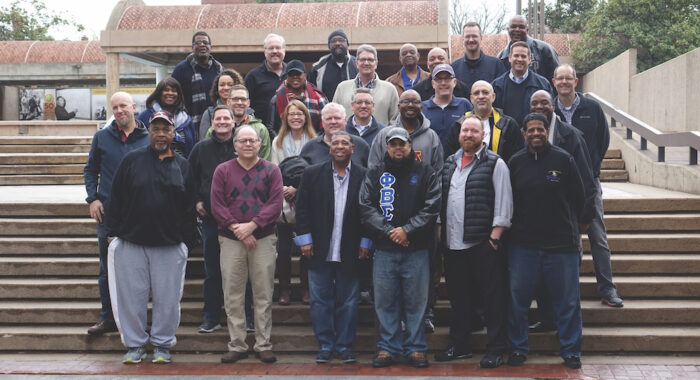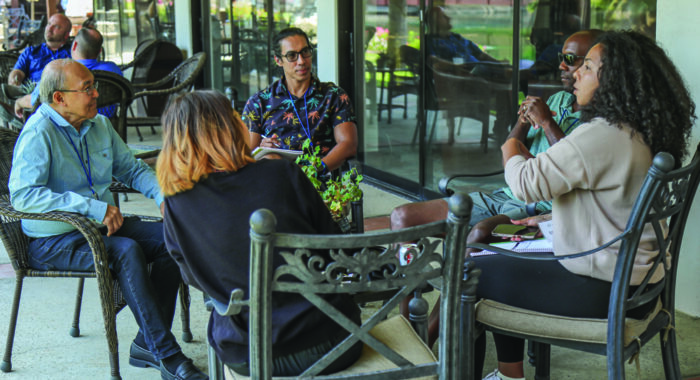“Our leaders mostly pointed the finger back on themselves, evangelical pastors and churches. Fixing the problem of incivility starts with us, not with ‘them out there,'” said Leith Anderson, NAE President.
Leaders offered specific tactics for increasing civility:
- Hold retreats, seminars or extended studies on how civility relates to Christian responsibility.
- Get to know fellow pastors of all stripes in the community on a first name basis, as a foundation for cooperation and dialogue.
- Avoid becoming identified with any one political party.
- Preach on civility.
- Produce brochures, periodicals and other media on the subject.
- Ask city officials how churches can better support them and serve the community.
- Make a good faith effort to resolve personal conflicts privately first.
- Keep the focus on the gospel, addressing public policy issues from a foundation of faith, truth and love.
Greg Johnson, President of Standing Together, encouraged Christians to also extend civility to those of other faiths. “Civility in public discourse is greatly needed and requires a humble heart willing to listen and learn from people who do not share our evangelical worldview,” he said.
Addressing incivility in the public square, many echoed sentiments similar to that of Kevin McBride, Pastor of Raymond Baptist Church in Raymond, N.H., who said, “Remind people of the basic respect that is due to anyone whether you agree or not.”
Jeff Jeremiah, Stated Clerk of the Evangelical Presbyterian Church, simplified it, saying, “Stop shouting in order to make your point.”
The Evangelical Leaders Survey is a monthly poll of the Board of Directors of the National Association of Evangelicals. They include the CEOs of denominations and representatives of a broad array of evangelical organizations including missions, universities, publishers and churches.



 View All Surveys
View All Surveys 




























